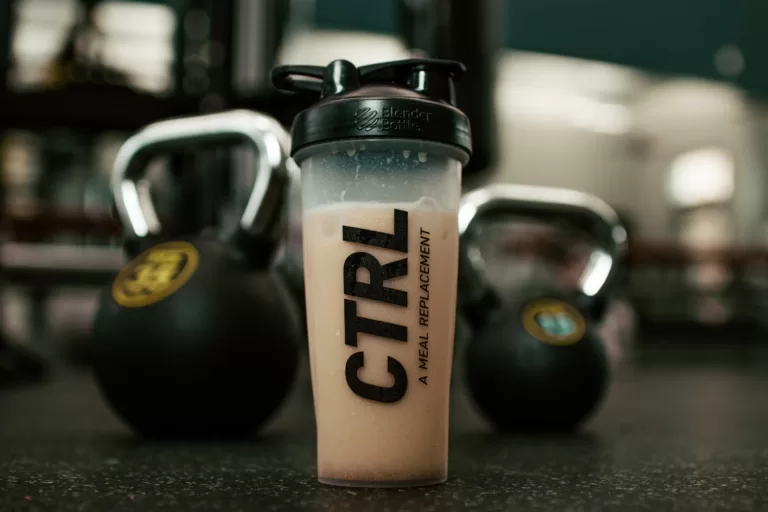Young athletes may have heard comments like “Don’t forget to take your protein, bro” or no protein shake, no muscle. Adolescents aged 13-18 are in the constant phase of growth and development. Your body needs a continuous supply of all essential nutrients for proper physical growth and development. Suppose you are a young athlete that participates in sports activities. In that case, exercises for teenagers and workout exercises may need the right amount of every nutrient to provide energy and ensure proper growth and development.
Let us make this clear. Teenagers should not consume protein drinks unless you are exercising beyond your typical national daily requirement of 60 mins and your activity uses excessive amount of protein and calories. Even then, you should still only consume this under strict guidance.
Our Blog identifies the teenage essential nutrients and the young athlete’s diet:
What is protein
Protein is a macronutrient. Yes, it is an essential nutrient in our diet, and it plays a crucial role in the many biological functions of the body. It is the structural part of your skeletal muscles, the muscles that keep you moving when you do any physical activity. Proteins are part of your skeletal muscles and participate in the repairment, hormone synthesis, and enzymes that produce energy in your body.
Protein requirements in teenagers:
Protein is an essential nutrient, so you must take protein with each meal. Your protein requirement depends on gender, height, weight, and physical activity. The Reference Nutrient Intake RNI for proteins is 0.75g of proteins per kg of body weight daily. The protein requirement for boys is 56g per day and 45g per day for girls. Young athletes have more protein needs than normal teenagers:
Young athletes have a more significant protein requirement than their less active fellows to promote muscle growth and body development. It reduces the risk of injury. Athletes participate in endurance activities, and resistance training and distance running may require 1.2-1.4g of protein per kg of their body weight daily.
Importance of protein for teen athletes:
Protein is part of all tissues. Athletes take protein to rebuild skeletal muscles after intense activities.
- It is proven from research that protein intake after exercise or post-training enhances the performance and stamina of teens.
- Proteins also boost your immune system, the body that fights infections. Protein is an essential component of the immune system, protecting you from getting ill.
- Eating proteins make you feel full, so you don’t lack energy.
- Protein also boosts your metabolism and helps burn calories faster to help you maintain better body composition.
Types of protein:
The building blocks of proteins are amino acids that combine to form long chains of proteins. There are essential and non-essential amino acids. The higher quality protein consists of 9 none essential amino proteins. The complete proteins consist of essential amino acids, including leucine, isoleucine, histidine, phenylalanine, threonine, valine, methionine, and valine. Incomplete proteins do not consist of a low amount of one or more essential amino acids.
The dietary sources of high-quality protein are eggs, meat, and dairy products, and plant protein sources include nuts, lentils, grains, and beans.
The best and complete sources of protein:
| Food | Grams of protein |
| Chicken breast | 24g |
| Milk | 8 |
| Ground beef | 22 |
| Yogurt | 12-14g |
| Egg | 6 |
| Nuts | 3-6g |
| Cheese | 5-7g |
Beware of protein powders and supplements:
It is a trend to take protein powders by athletes, but teenagers should consume dietary protein and not waste money on expensive protein supplements and powders. The main target of the protein supplementation industry is these teens who are convinced that to fulfill their protein requirements; they must get protein powders.
Teens may consume protein powders if they suffer from body image issues. According to recent research, too much protein from protein supplements can cause long-term health issues in teens, especially organ damage.
According to research contain toxic heavy metals and many toxic ingredients that may be harmful to teenagers. Clean Label Project’s study states that many poisonous metals exist in plant-based protein powders.
The National Science Foundation UK NSF does not regulate the manufacturing and selling of protein powders and supplements, and many protein powders claim false health benefits, that is a significant crime according to the NSF.
Take dietary protein first, and supplements should be the second choice for teenagers. Protein supplements are to fill the gap between the dietary protein Intake and the requirement not to replace dietary protein sources.
When should you consume protein:
The effectiveness of protein increases after endurance activities and resistance training, and the requirement for protein increases after 48 hours if an athlete is new to exercise. Further research has proven beneficial effects both pre and post-exercise.
Protein consumption before training:
According to evidence-based guidelines, eat protein and carbohydrates to get enough energy during the workout exercises. Eat protein-rich meals 3-4 hours before the training or your sport.
Post-sport protein consumption:
You need 25g of proteins and 50g of carbohydrates within 30 minutes of exercise to promote positive nitrogen balance and build muscle. It would be best if you had protein after the training or workout exercises to recover and reduce the risk of muscle injury. Muscle recovery post-sport occurs according to the 25-50-30 rule.
Endnote
Although it is usually accepted that the only energy sources during physical activity are carbohydrates and fat, recent experimental findings reveal that there are also sizable changes in protein metabolism. These changes may be highly significant depending on several variables, including exercise intensity, duration, and type, as well as past diet, training, environment, and possibly even gender or age. Unless the activity is intense (lasting more than 4 hours), exercise generally decreases protein synthesis (production), increases protein catabolism (breakdown), and boosts amino acid oxidation.
References:
Jäger, R., Kerksick, C., Campbell, B., Cribb, P., Wells, S., & Skwiat, T. et al. (2017). International Society of Sports Nutrition Position Stand: protein and exercise. Journal Of The International Society Of Sports Nutrition, 14(1). doi: 10.1186/s12970-017-0177-8
DG;, L. P. W. Y. K. E. D. (n.d.). The importance of protein for athletes. Sports medicine (Auckland, N.Z.). Retrieved February 2, 2023, from https://pubmed.ncbi.nlm.nih.gov/6390614/
Desbrow, B. (2021). Youth Athlete Development and Nutrition. Sports Medicine, 51(S1), 3-12. doi: 10.1007/s40279-021-01534-6
Smith, J., Holmes, M., & McAllister, M. (2015). Nutritional Considerations for Performance in Young Athletes. Journal Of Sports Medicine, 2015, 1-13. doi: 10.1155/2015/734649
How Teen Athletes Can Build Muscles with Protein. (2023). Retrieved 2 February 2023, from https://www.eatright.org/health/essential-nutrients/protein/how-teen-athletes-can-build-muscles-with-protein
Protein – British Nutrition Foundation. (2023). Retrieved 2 February 2023, from https://www.nutrition.org.uk/healthy-sustainable-diets/protein/?level=Consumer#proteininthebody
Protein: A nutrient in focus. (2023). Applied Physiology, Nutrition, And Metabolism. Retrieved from https://cdnsciencepub.com/doi/10.1139/apnm-2014-0530#:~:text=Protein%20is%20an%20essential
%20component,to%20preserve%20lean%
Research, I., Poos, M., Costello, R., & Carlson-Newberry, S. (1999). The Role of Protein and Amino Acids in Sustaining and Enhancing Performance. National Academies Press (US). Retrieved from https://www.ncbi.nlm.nih.gov/books/NBK224683/
Lonnie, M., Hooker, E., Brunstrom, J., Corfe, B., Green, M., & Watson, A. et al. (2018). Protein for Life: Review of Optimal Protein Intake, Sustainable Dietary Sources and the Effect on Appetite in Ageing Adults. Nutrients, 10(3), 360. doi: 10.3390/nu10030360
https://www.healthforteens.co.uk/lifestyle/nutrition-diet/protein-just-the-facts/ Eating a balanced diet. (2022). Retrieved 2 February 2023, from https://www.nhs.uk/live-well/eat-well/how-to-eat-a-balanced-diet/eating-a-balanced-diet/#:~:text=Beans%2C%20pulses%2C%
20fish%2C%20eggs%2C%20meat%20and%20other %20proteins,iron%2C%20zinc%






